This will be the biggest challenge in front of Modi government’s health card scheme
5 min readOn the occasion of 74th Independence Day, Prime Minister Narendra Modi launched the ambitious scheme National Digital Health Mission (NDHM).
Launching the scheme, he said that this scheme will create a revolution in the health sector of the country.
He said that under this mission every Indian will be given a unique health identification card (Health Identity Card).
The Prime Minister has announced the health card at a time when the whole world is battling the corona virus epidemic.
In his speech, PM Modi also praised the warriors fighting against Corona, including doctors, nurses, paramedical staff and sanitation workers.
This scheme is being described as very good, but experts are also expressing some concerns about it. The biggest fear is related to the security of data.
Cyber security experts and doctors are also expressing apprehension that personal and sensitive information of millions and crores of people may be leaked and misused.
The blueprint was launched only last year
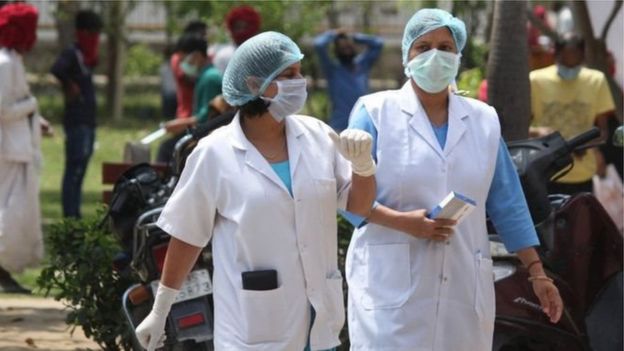
The blueprint for this scheme was launched last year. Under this scheme, a large-scale data and infrastructure service has been targeted to provide an effective and affordable health coverage to all.
Significantly, the government is already running a National Health Protection Scheme under Ayushman Bharat. In this, 10 crore poor and marginalized families, that is, about 50 crore people are being benefited.
In this, every family is given health cover of Rs 5 lakh per annum.
What is National Digital Health Mission?
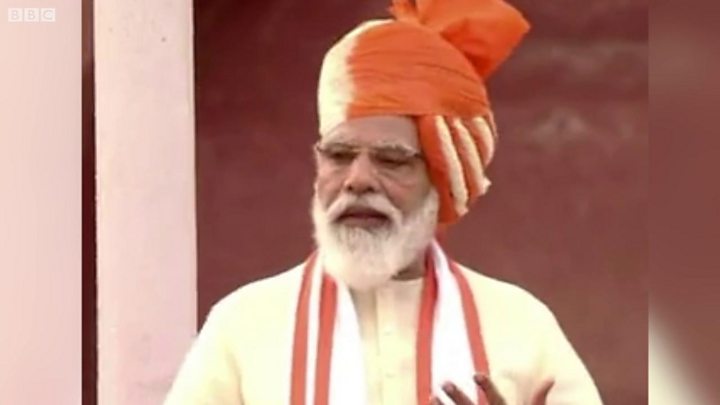
NDHM is a fully digital health ecosystem. In this, a private health ID card will be given to every Indian citizen.
Every citizen of the country will get a digital health ID. This ID will basically be the digital format of his health record.
Director of Indian Institute of Public Health, Gandhinagar, Dr. Dilip Mavalankar says that this scheme is a good step.
Mavalankar says, “This scheme will be very effective. We have very poor health records and health statistics. Also, if you go to different hospitals, different papers are available. There is no framework here.”
Mavalankar says, “In China, like a driving license, a health card is given to everyone. It has a chip. Every year there is a free health checkup of every person. All the data is stored in that card. It helps a lot.
He says, “After the arrival of this scheme, you will get repeated registration everywhere and get rid of other problems.”
He says that the Gujarat government had planned to give such a card to the tribals and other poor so that they can be saved from other mishaps like giving papers and money to them from one place to another.
But, it has to be prepared by taking a lesson from the base so that there are no flaws in it.
He says, “At first there was an idea that all this would happen, but after all the court went, it would be fine if you make a lesson from it. But, you have to work with it too. Having a card is not healthy.” It will be done. So a health infrastructure has to be built. “
He says that at least one nurse should be arranged in a village with a population of more than 2000. In future, a doctor will have to arrange for 5000 people instead of the present 30000.
What is the fear of data security

According to this scheme, this ID card will be applicable to all states, hospitals, diagnostic labs and pharmacies.
Later it will also include e-pharmacy and telemedicine services. Regulatory guidelines are being made for this.
But, cyber experts are expressing concern about data theft.
“We have seen data leaks in the case of Aadhaar. The data taken from Aadhaar has been sold on the dark net,” says information security expert Rizwan Sheikh, an ethical hacker.
They ask what is the reason that the government is bringing a separate card even though Aadhaar already exists. He says, “This means that the government wants to keep it separate from it due to the data related messes in Aadhaar.”
No regulations like hypa
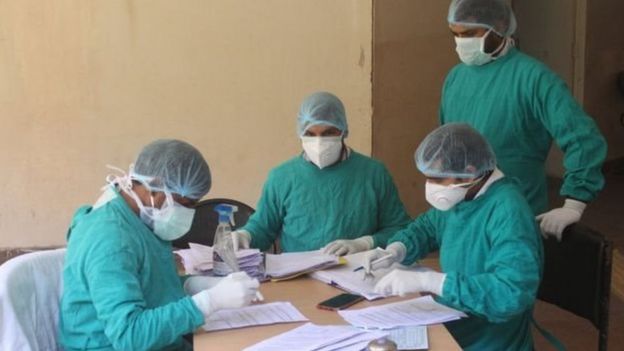
Rizwan says that the fear of this is more because India does not have any guidelines or standards like HIPA (HIPAA or Health Insurance Portability and Accountability) to protect people’s health data like developed countries.
In developed countries, companies associated with Secure Health Information (PHI) should have physical, network and other security measures and they should be followed to ensure hypo compliance.
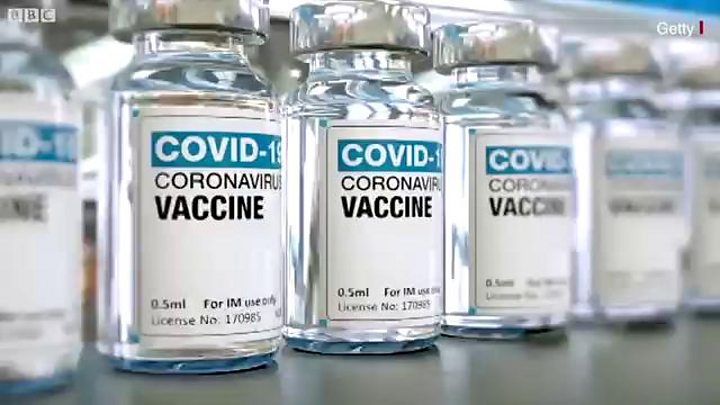
Rizwan says, “After the arrival of this card, everyone will get a unique number. It will be stored somewhere. If this information is leaked then it will be very dangerous. Health information is very sensitive.”
He says that the government can implement and implement Hypa Compliance directly or can set rules on its lines.
However, he says that this is a good move, but it should be implemented only after making strong arrangements for data security.
Will private hospitals agree to join it?
This platform will be voluntary and any person can enroll on this app only on their own wish.
Only if someone gives permission, his health records will be shared. Also, hospitals and doctors can share their details on this app on their own free will.
Dr. Shaktivel Selvaraj, Director, Health Economics and Finance Division of the Public Health Foundation, says, “I think initially government services will be included and later private hospitals will be included.”
Data protection required
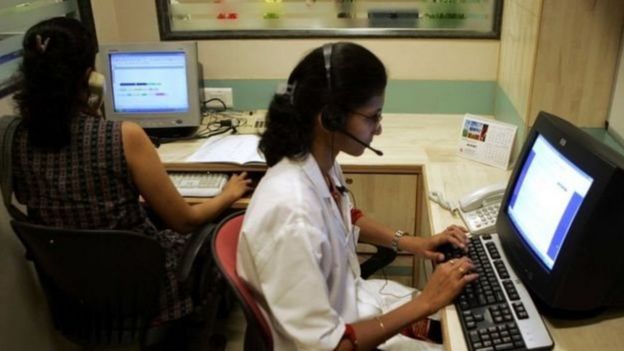
He says, “It is voluntary for private hospitals to give their data and details, so why would any hospital want to give its information. Most hospitals in the country are in the private sector, so if these hospitals do not come together on a large scale then this scheme Will not work. “
In addition, they are also worrying about the misuse of data. According to Dr. Selvaraj, “If data is leaked then hospitals, pharmacy and laboratories can misuse it.”
He says, “They can force patients to do non-essential hospitalization, prescriptions, tests and expenses.”
They say that this step is good and will integrate the health system of the whole country, and if the government is able to protect the data, then nothing can be better for the health sector.



